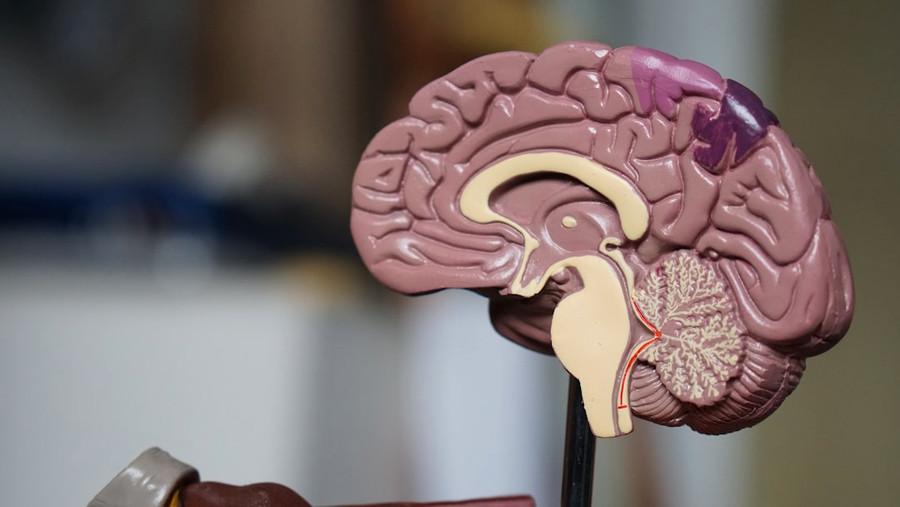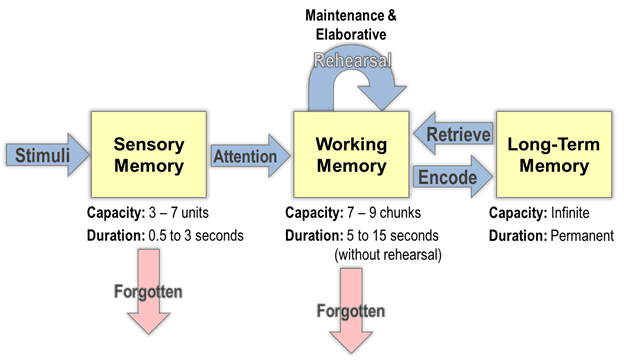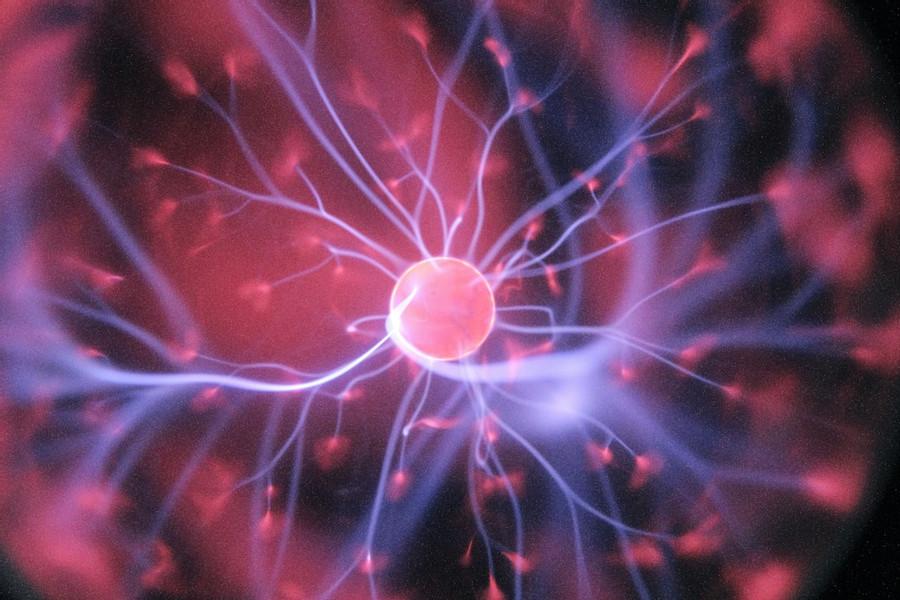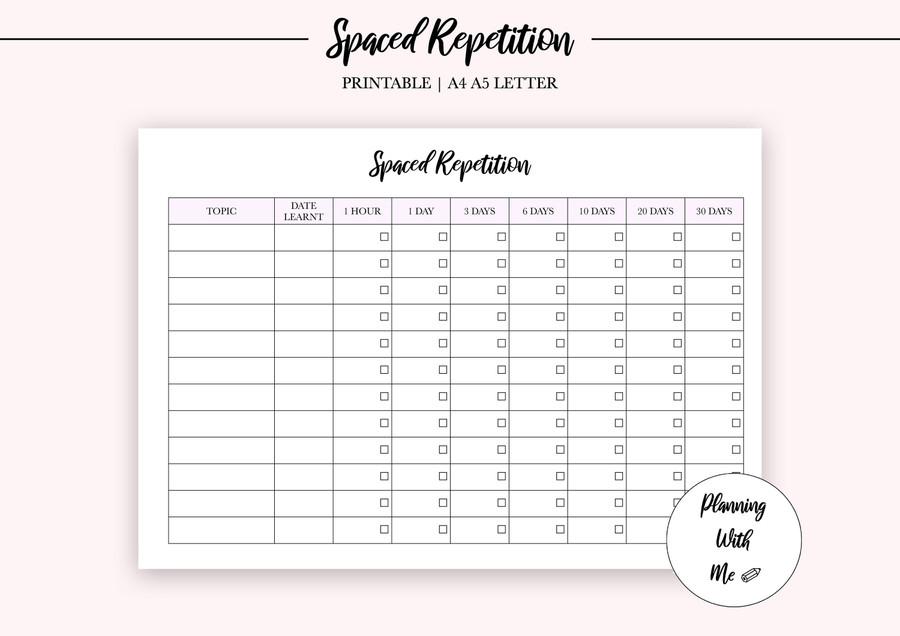Explore the World's Best Ideas
Join today and uncover 100+ curated journeys from 50+ topics. Unlock access to our mobile app with extensive features.
Introduction
Most of the time, we don't aware about illusions of competence, as our working memory can limit our ability to remember information, with multitasking and information overload being two main culprits. The three main methods for improve it are recalling, the Feynman Technique, and spaced repetition. And it's also suggested that, in order to remember information, you should spend more time thinking about one important thing at a time instead of trying to absorb a lot of information.
402
4.52K reads
Illusions of Competence
People often have difficulty understanding information after learning it. Professor Barbara Oakley from the University of California, San Diego, suggests that many of these illusions of competence are due to memory illusions.
- Seeing information in front of you such as reading a book doesn't mean you know it.
- Seeing or hearing someone come to a conclusion doesn't mean you know how to get to that conclusion or explain their argument.
- Searching for something on Google gives you the illusion that the information is in your brain.
- Spending lots of time with material doesn't mean you know it.
382
3.38K reads
The person who says he knows what he thinks but cannot express it usually does not know what he thinks.
MORTIMER ADLER
406
3.6K reads
Informed vs Understand
There is fundamental difference between feeling informed and truly understanding something.
We are as informed as ever. We can more or less parrot opinions we read, cite random facts, but when tasked with explaining what something is all about, why it is the case, what its connections are with other facts and theories, and putting it in context, we fall flat on our face.
It's dangerous when we let these illusions of competence slip into our opinions, as we so often feel strongly about a position, but if pressed, we could hardly argue for it.
373
2.89K reads
By organizing scattered bits of information into patterns of knowledge, schemas give depth and richness to our thinking. Understanding and intelligence is derived largely from the schemas we have acquired over long periods of time
NICHOLAS CARR
365
3.06K reads
How Our Memory Works
There's two main parts: short-term and long-term. Think of the long-term memory like an investment portfolio. As you gather more and more schemas, you gain intellectual compound interest over time. They all begin to connect to each other, increasing your understanding of the world exponentially over time, but for information, to get to your long-term memory in the first place, it has to go through a part of the short-term memory called working memory. Working memory has slots where we process information. It acts as a bottleneck for the infinite amount of information around us.
396
2.68K reads
Rapid Stimuli Means Less Info Goes to Long Term Memory
The problem is what we hold there can quickly vanish if we don't keep thinking about them or rehearse them in our heads. In other words, if we don't grapple with the ideas in our working memory for an extended period of time, they never get sent to the long-term memory. They just disappear.
Our current culture makes this process challenging. We're blasted with new stimuli and information rapidly. This couldn't be worse for our memories. Info jumps in to working memory only to be replaced by the next thing and the next thing. Very little of it, if any, makes it into long-term memory.
376
2.19K reads
As we reach the limits of our working memory, it becomes harder to distinguish relevant information from irrelevant information, signal from noise. We become mindless consumers of data
NICHOLAS CARR
364
2.25K reads
Multitasking is Also Another Culprit
But it's not just information overload that affects our ability to remember things, multitasking is just as bad.
Our brains are designed to focus on one thing at a time. When we multitask, all we're really doing is quickly switching from one task to another and our brain struggles to commit anything to long-term memory when we're constantly task switching, tab shifting, and notification checking. Every switch is like hitting the reset button.
It gives no time for deeper processing. This also reduce the number of working memory that goes to long term memory.
368
1.86K reads
What's The Fix?
The first is to eliminate multitasking, distractions, and information streams that cause overload. We're all well aware at this point that these services exploit our psychology and it's hard to resist the addicting dopamine surge that comes from checking them.
The next one is find one source to focus on and start absorbing the info, then do some or one of next steps to keep it in our memory longer; recalling, Feynman technique, and space repetition.
374
1.96K reads
1. Recall
After you've read or watched any material, simply look away and see what you can recall from the material you've just taken in.
Practicing recall is counterintuitive to most consumers of content. You finish a chapter and you go to the next one or you finish a video and move on to something else, but spending as little as 30 seconds after finishing a chapter or video and recalling its key points vastly improves your understanding of a topic and commitment of it to long-term memory.
409
1.93K reads
2. Feynman Technique
The steps in Feynman Technique are:
- Take something you wanna understand.
- Write out an explanation as if you were teaching it to someone who didn't understand the subject.
- Whenever you get stuck, go back to the material and relearn. Eventually, you'll fill in the gaps in your knowledge until you can write an explanation without needing the source material.
- Finally, attempt to simplify your explanation, getting rid of technical terms and convoluted language. Simplify it to the point that a kid could get what you're saying. Analogies is one of the method to simplify.
450
2.05K reads
3. Spaced Repetition
Our brain is working more like a muscle than a computer; it's wrong that once a info go in our brain then it will be there forever, the brain need to be exercised. The more often you use the neurons grappling with the information you want to commit to memory, the stronger those connections will get and the stronger your memory and understanding of that information will get.
Spaced repetition does this by firing the neurons over a long period of time.
394
1.92K reads
How to Apply These Three
The best idea to remember things are do all three above; recall, Feynman technique and make it repetition; spaced them out by three days over the course of a couple weeks, it results in the highest amount of memory retention.
389
2.14K reads
Our job is to find a few intelligent things to do, not keep up with every damn thing in the world
CHARLIE MUNGER
396
2.43K reads
Focus on the Important, Keep Humble
You don't need to be memorizing and understanding everything that comes your way. That's absurd. spend more time thinking about one important thing at a time instead of trying to absorb as much information as possible only to forget most of it.
To recognize the limits of your knowledge and to appreciate others’ intellectual strengths is one of the best things a person can do. It's not only where learning happens but it's also where disagreements become more constructive. The trick is not to be fooled by illusions of superiority and to learn to accurately reevaluate our competence each day.
372
1.93K reads
IDEAS CURATED BY
CURATOR'S NOTE
See how our memory works, the issue with it and how to fix and improve it.
“
Similar ideas
Read & Learn
20x Faster
without
deepstash
with
deepstash
with
deepstash
Personalized microlearning
—
100+ Learning Journeys
—
Access to 200,000+ ideas
—
Access to the mobile app
—
Unlimited idea saving
—
—
Unlimited history
—
—
Unlimited listening to ideas
—
—
Downloading & offline access
—
—
Supercharge your mind with one idea per day
Enter your email and spend 1 minute every day to learn something new.
I agree to receive email updates















